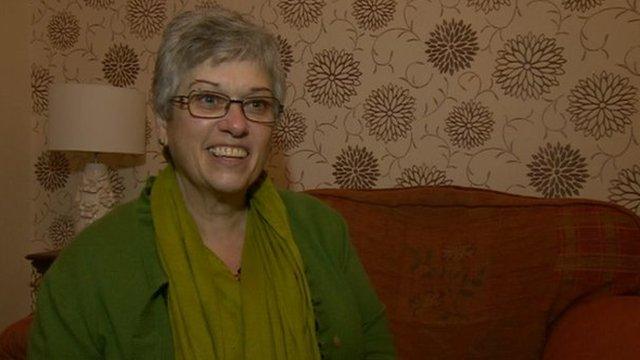Fire service rescuing more obese people across UK
- Published
Training exercise shows how emergency services rescue obese people from their homes.
The number of obese people being rescued by the fire service because they are too large to move on their own has gone up by more than a third over the past three years.
Figures obtained by BBC Radio 5 live show there were more than 900 incidents in the UK in the past year.
Rescuers said they often used lifting equipment, special slings and sometimes removed windows, walls and banisters.
The National Obesity Forum said severe obesity was a worsening problem.
In 2012, a new category was created for the fire and rescue services to report incidents involving obese patients.
Stuck indoors
'Bariatric' rescues - which involve coming to the aid of severely obese people, who are often stuck in their homes - have increased from 709 in 2012-13 to 944 in 2015-16, figures collected from all 50 UK fire and rescue services show.
The cases recorded included helping the ambulance service with lifting equipment to remove an "extremely large" patient who had been stuck on the sofa for days and carrying a 40-stone man from the upstairs of a pub.
A number of incidents involved helping with the removal of a deceased obese person from their home to an undertaker's ambulance.

'Most extreme patients'
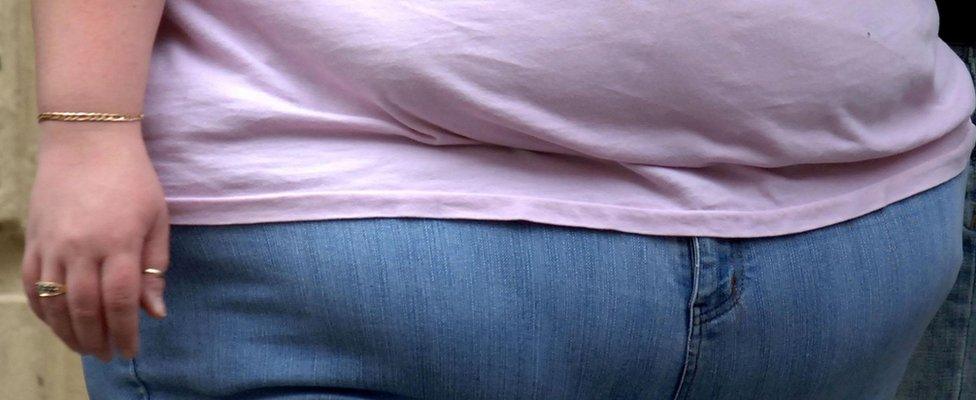
Darren Sharman, 39, from London, worked for 10 years in the private ambulance sector, helping obese people who were unable to move themselves to get to hospital.
"We dealt with the most extreme patients; they would be coming up to, and often exceeding, 660-770lb (300-350kg) in weight," he told the BBC News website.
"They would call us out on jobs where a patient needed to be extricated using specialist equipment and we would use stair-climbers, hoists and lifting equipment to remove them.
"The vast majority of people I encountered were obese because of medical reasons - lymphedema in particular. Some were partially mobile, some were wheelchair-bound and some were completely bedridden.
"All of them needed specialist transportation to hospital, quite often for emergency reasons."

Fire services with the highest number of bariatric rescues 2015-16
Chris Jones, watch manager from South Wales Fire Service, which carried out the highest number of rescues last year, said his team were now equipped to deal with severely obese people but some of the rescues were very complicated.
"Some of these incidents have become protracted overnight while we've needed to change certain elements to the building to make that rescue safe before we can bring the patient out.
"If we are doing what we call an external rescue where we're taking the patient out through a window, quite commonly we'll remove the window frame itself and we will actually sometimes drop courses of brickwork down to create that space.
"Internally we might have to take doors off, move furniture, we may even have to put supporting systems into the house to make sure everything's structurally sound as well."
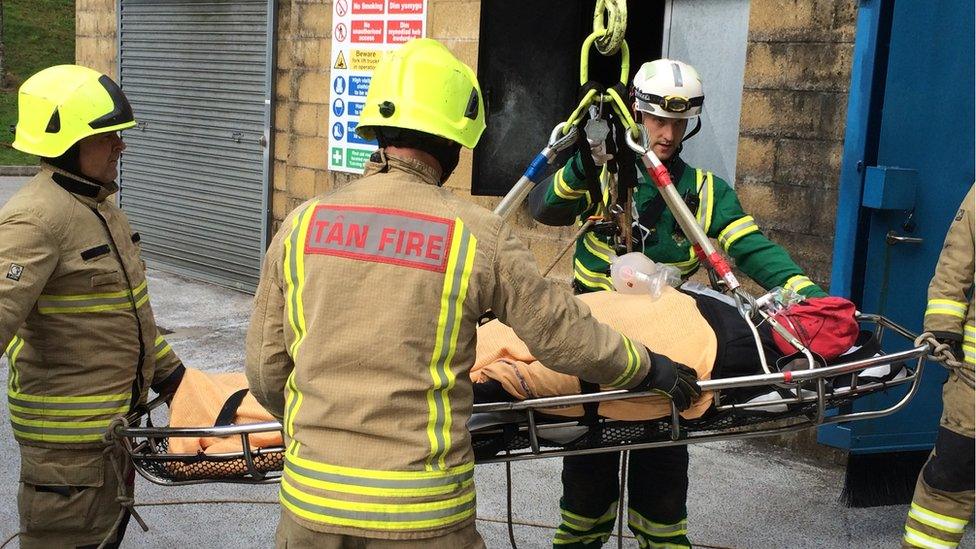
The fire and rescue service in South Wales is well equipped to deal with bariatric rescues
Dr David Kerrigan, one of the UK's leading bariatric surgeons, said patients who become that big "are prisoners, not just within their own body but within their own home".
"The bigger and bigger they get the less confident they feel about engaging with the outside world," he said.
"They are big users of the internet - so they don't even go out to shop anymore and do a lot of their socialising using social media and they just become more and more trapped."
Greg Lloyd, head of clinical operations at the Welsh Ambulance Service, said they worked closely with the fire service and GPs to try to provide care closer to home without patients having to go to hospital.
"The fact of the matter is with this type of rescue we might not be able to get patients to hospital as quickly as we'd like."
'Scared to be seen'
Compared with the total number of rescues carried out by fire and rescue services in the UK, bariatric rescues were still a small proportion.
In Scotland, for example, there were 33 bariatric rescues in 2014-15 out of more than 10,000 special service call-outs, which are all non-fire related.
Tam Fry, from the charity National Obesity Forum, told BBC Radio 5 live the figures were on the increase because the obese were getting bigger.
He said: "This is not about more people being obese. This is about those who are already obese now getting to a size where they now need assistance."
Mr Fry said the figure could be a lot higher.
"Senior doctors I speak to say there are many people who don't leave their homes so they don't even put themselves in a position where they may need to be rescued.
"They are scared of being seen in public."
You can listen to this story on Monday's Afternoon Edition on BBC Radio Five Live from 13:00 BST or on iPlayer afterwards.

- Published22 February 2012
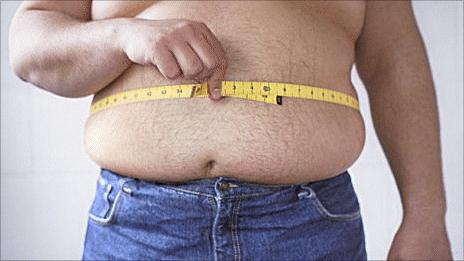
- Published11 November 2012
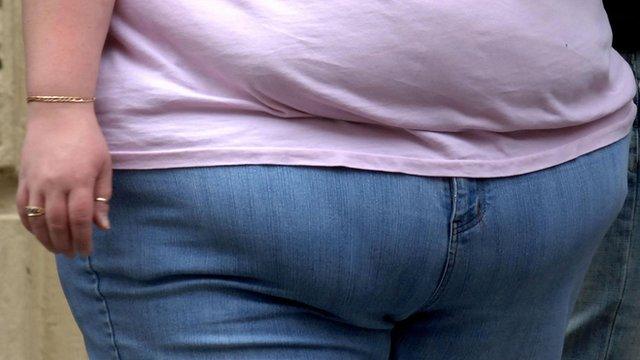
- Published17 January 2014
